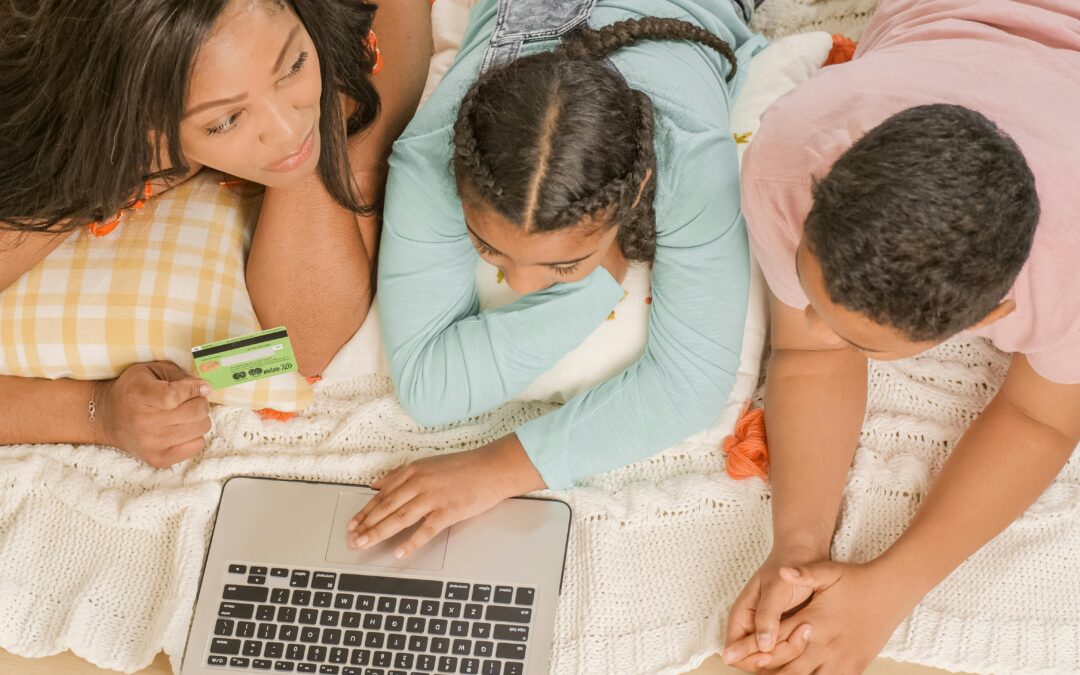Failure is an action not our identity. (Desiree Panlilio).
Failure has been transformed from an action into an identity, which is why I do not like that word. Our teens have an intense fear of failure, and we as parents have unknowingly contributed to that fear. We often compare our teens’ “failures” to their classmates’ successes, making them feel less capable and sometimes creating a sense of learned incompetence. That is not what failure or failing should be. We learn so much from failure—it is simply an action that didn’t work as intended. The key is asking, “What’s next?” Failure should be seen as an opportunity to learn and grow, a stepping stone rather than a stopping point. It is about developing a growth mindset. While failure can be painful and may bruise the ego, it is ultimately a problem to be evaluated, dealt with, and overcome.
To shift the narrative, I have replaced the word failure with “hurdle.” A hurdle is something to move over and through, something to learn from, and something that builds resilience and increases skills and abilities. Instead of defining failure as a personal shortcoming, it becomes an obstacle to tackle—a challenge to be met with perseverance. As parents, we need to treat failure as a stepping stone for growth, not as a defining moment of inadequacy. Yes, your teen may fail a test or even a class, but the opportunity to grow from that experience is invaluable. The key question becomes: how do we cultivate a growth mindset so that our teens see failure as a learning experience rather than a limitation?
If a teen fails a class, for example, the focus should not be on punishment but on self-reflection. Why did they fail? What study habits need to change? What strategies can they implement to perform better the next time? Teaching our teens to analyze setbacks, take responsibility, and adjust their approach fosters resilience. This skill extends far beyond academics—it’s a lifelong ability that will serve them well in their personal and professional lives.
As parents, we must be careful not to react with frustration, anger, or punishment when our teens face setbacks. Instead, we should become facilitators of self-assessment. When failure happens, instead of asking, “Why didn’t you do better?” we should ask, “What happened, and how will you take responsibility and accountability for this outcome?” This shift in perspective allows teens to recognize that setbacks are not endpoints but opportunities for growth.
Consider sports as an example. If a teen doesn’t make the starting lineup of the football team, it’s not necessarily the coach’s fault. Instead, the teen should ask, “What do I need to improve? How can I enhance my skills to make the team next season?” This type of self-assessment and growth-oriented thinking is essential not just in sports but in all areas of life, including academics, relationships, and future careers.
In the workforce, this mindset is critical. Success in a job isn’t just about showing up—it’s about continuously improving and standing out. How does someone earn a promotion or a raise? By assessing their performance, identifying areas for growth, and working to excel beyond expectations. Teaching our teens to view failure as a challenge rather than a defeat will prepare them to navigate adulthood with confidence and resilience.
Ultimately, failure should be seen as an opportunity to say, “Challenge accepted—I can do better.” By changing our perspective and teaching our teens to embrace hurdles rather than fear failure, we equip them with the skills they need to grow, improve, and reach their full potential.

